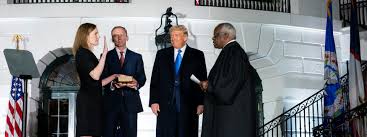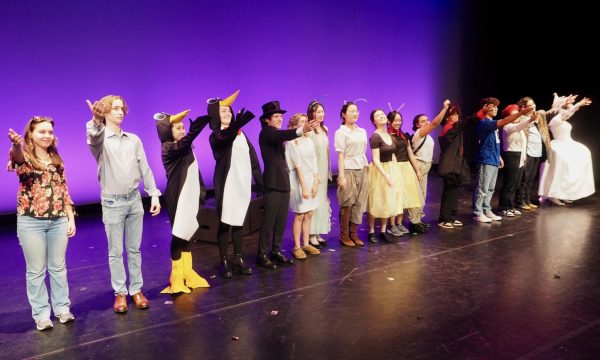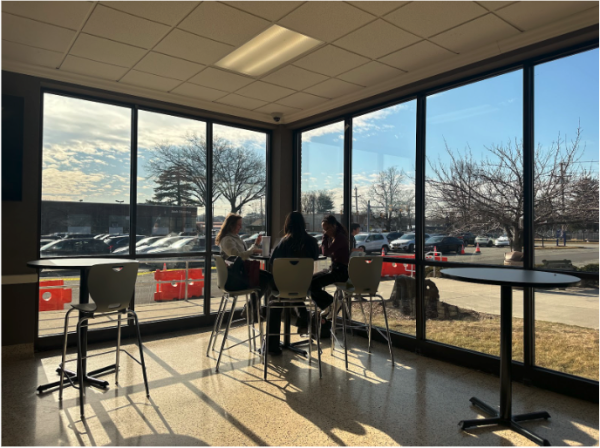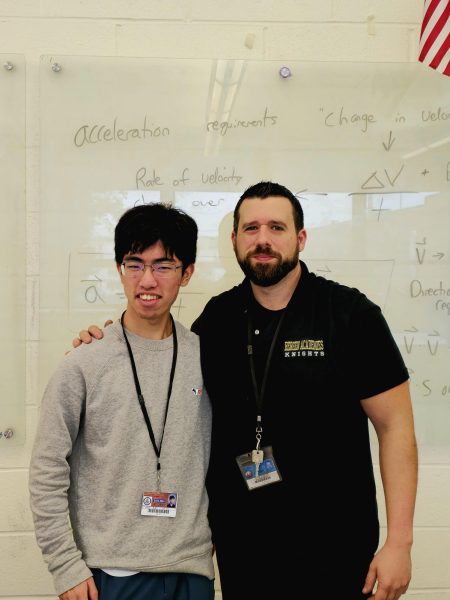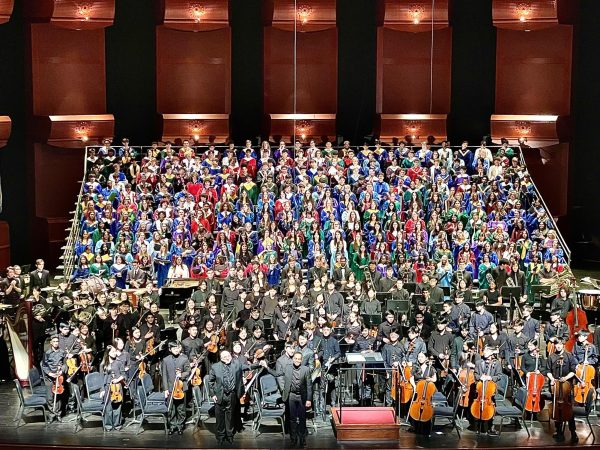BCA considers ACB
November 25, 2020
Irrespective of political affiliations, the United States of America lost an invaluable member of the Supreme Court: Justice Ruth Bader Ginsburg died on September 18th, 2020. As the nation mourned her death, President Donald Trump made no hesitation in replacing her, nominating Amy Coney Barrett on September 26th, 2020. A month later on October 26th, a 52-48 Senate majority vote confirmed her to the Court—a decision that will vastly impact the future of the Supreme Court and BCA students alike.
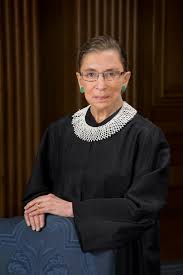
This decision has been held under scrutiny by Republicans and Democrats alike, for Justice Barrett’s position was confirmed exceptionally close to an election. Supporters of the nomination argued that Trump, as the president at the time in which the Supreme Court position opened, had the right to confirm whoever he wishes to so long as he has Senate support.
Opponents argued that Trump ought to have waited for the election to pass and let the elected candidate—now President-Elect Joe Biden—fulfill the appointment, for he is who the American people chose to represent them and therefore the one most equipped to represent those values in the Court. Opponents reference previous President Barack Obama’s attempts at nominating Judge Merrick Garland in March of 2016, which Senate Majority Leader Mitch McConnell deemed void due to its nine-month proximity to the 2016 election; these opponents point to hypocrisy in McConnell confirming Barrett in a considerably shorter time frame.
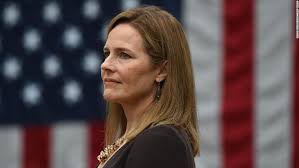
Barring impeachment, which can happen if backed by the Congress, Supreme Court justices are confirmed for life. Since Justice Barrett is just shy of 50 years old, she will be a critical figure in the Supreme Court as BCA students grow old. Her appointment will affect the future of federal American law, a future that BCA students will see shaping and influencing their future, and a future that BCA students are thinking about, forming opinions on, and already eager to have a say in. And, if nothing else, her initials—ACB—are BCA backwards.
Out of 115 polled BCA students spanning academies and grade levels, 98 do not support Justice Barrett’s appointment, 12 do, and 5 have no opinion. 103 students would rather Justice Ginsberg in that position while 12 prefer Barrett.
One student praised Justice Barrett’s “originalist” ideology. “Supreme Court Justices are not supposed to be making biased and politically motivated decisions.” That student argues that such decisions “would never have happened if [all] the justices were originalists like Justice Barrett who do their job correctly.”
A different student, however, pointed out that Justice Barrett has had no time to prove her adeptness at judging; that student goes so far as to say that “[Justice Barrett] is not as experienced as a Supreme Court Justice should be,” and that the polarized state of America means that an unbiased ruling will be impossible for Barrett.
In total, 92 students did not feel that Justice Barrett will be able to effectively guide us through the Covid pandemic, 16 feel that she will, and 7 had no opinion. 93 students believed that she will not be able to effectively navigate the climate crisis, 12 opined that she will, and 10 have no opinion.
One student accurately pointed out that both these topics are rooted in science, not law, so it is unlikely there will be Supreme Court controversy surrounding them, but then corrects themselves in saying that the future is as fickle as BCA’s and the nation’s opinions.
80 believed that Justice Barrett will not be able to effectively guide us through the current economic crisis, 15 that she will, and 20 no opinion. 91 students believed that she will not have an effective response to racial justice, 17 that she will.
Interestingly, the majority of interviewed students believe they cannot predict Justice Barrett’s actions on either of these topics, but seem to hold the impression that she will rule fairly, albeit sometimes differently, then they personally would, for they can speculate no gain she could harbor out of corrupt decisions.
The most charged topic is undoubtedly abortion: 96 believe that Justice Barrett will not appropriately regard reproductive health, 15 feel that she will, and 4 have no opinion. Multiple students in support of abortion fear that she will overturn Roe v. Wade (ensuring a person’s right to an abortion) during her time in court; multiple students actually do support such an overturn, and multiple students feel that Justice Barrett will rule “Constitutionally” and trust her judgment in that. The students agree, however, that reproductive rights will be brought up under Justice Barrett’s term and that her decision will have a lasting impact on America’s future.
It can be observed that the majority of BCA students do not deem Justice Barrett as an apt justice nor support her past standpoints on a variety of subjects, but just like the country at large, there are notable discrepancies.

Regarding the timescale of Justice Barrett’s appointment. 96 BCA students believe it was not fair that she be appointed so close to a presidential election (16 believe it was a fair course of action and 3 have no opinion) while 63 believe the Senate vote was too close to constitute a fair ruling (35 believe it was a fair vote and 17 have no opinion). Such Congressional qualms are quite controversial amongst the BCA student body.
“I don’t support Justice Barrett as a Supreme Court Justice because I find it unfair that she was chosen on an election year,” one student stated. “It was Ruth Bader Ginsburg’s dying wish that they wait to choose a new one until the next Presidency.”
Another student presented the opposite argument: “I think it is fair that she was appointed so close to an election because when a president is elected, during their four years, if a seat on the Supreme Court opens up, they are able to appoint a new Justice. Their term is not shorter or longer than four years, so anything within is their call. It does not mean that if a president before decided to not fill a seat so close to an election, the other must abide by their predecessor’s actions.”
As stated before, Justice Barrett will be in the Supreme Court for life, unless she does something illegal and is voted to be impeached. That has only once happened, however, with Justice Samuel Chase in 1805; so the likelier outcome is that Justice Barrett remains in the Supreme court until her retirement or death.
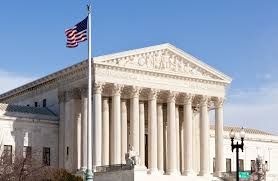
Interestingly enough, President-elect Joe Biden can, with sufficient Congress support, expand the Supreme Court, for there is no constitutional claim that requires a certain number of Supreme Court justices. Though these additions will not directly impact Justice Barrett’s specific position, they could bring the 6-3 heavily-Republican Court to a more equal balance between Democratic and Republican values. Though, whether a Biden expansion will happen has led to a nearly-even split amongst the BCA population and a debate so firm and spirited it might as well lead to the high-school equivalent of a Supreme Court hearing.

